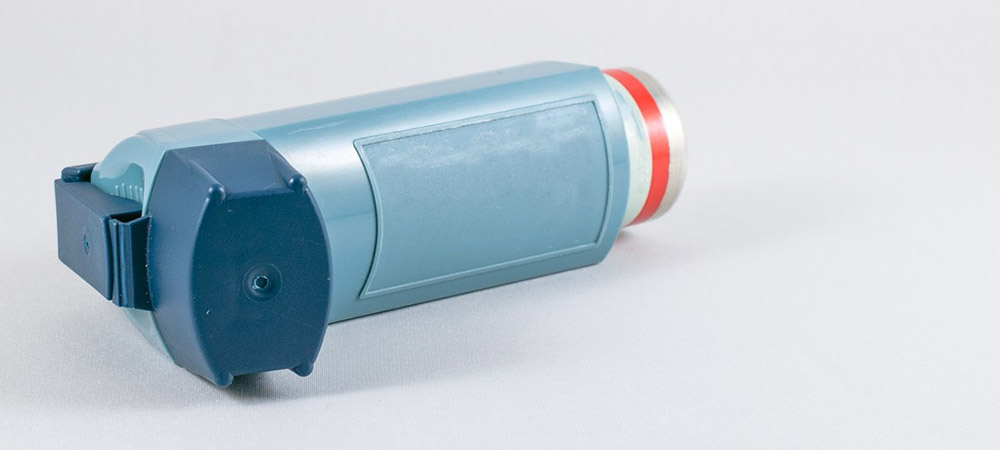Allergic asthma: How sublingual immunotherapy treatment can impact asthma

According to the Center for Disease Control, more than 25 million Americans suffer from asthma and nearly 60% of patients have asthma caused by allergy. How can you tell when asthma may be a problem, and how can treating your allergies with sublingual immunotherapy help?
Asthma is a chronic inflammatory disease, and the most common chronic childhood disease that causes symptoms such as:
- Wheezing
- Coughing
- Tight chest
- Frequent respiratory infections
For patients with allergies, treating the cause of their allergies has been shown to decrease their asthmatic symptoms. Dr. Nikhila Schroeder, a board certified allergist at Allergy Associates of La Crosse, says, “Decreasing the body’s allergic response to allergens can subsequently reduce the airway swelling and spasms caused by allergic processes in asthma. Therefore, sublingual immunotherapy can really help control asthma symptoms if allergy is playing a role.” Patients treated with sublingual immunotherapy have seen symptom relief begin from a few weeks to a few months after starting treatment, depending on the severity of their allergies.
Sublingual Immunotherapy versus Medication
While inhaler medications may provide relief to some patients, inhalers treat the symptoms rather than the cause of asthma. For those with allergic asthma, “allergen immunotherapy is different than these medications because it is treating the root cause of the person’s airway problems” according to Dr. Schroeder. Sublingual immunotherapy can provide patients with treatment that can change the underlying disease and potentially eliminate the need for many long-term medications.
Early Prevention for allergic asthma
Stopping asthma earlier in life can slow down what allergists call the “allergic march”, or the development of conditions over time as a result of allergy. According to Dr. Schroeder, if a child is prone to allergies, building allergen tolerance with sublingual immunotherapy can help to stop or slow this progression.
Asthma in childhood can inhibit a patient’s ability to participate in daily activities or sports, and sometimes result in frequent doctor or ER visits. Dr. Schroeder recalls many patients whose asthma significantly improved after receiving immunotherapy treatment. “One patient with extraordinary soccer talent had to limit and then avoid playing because of his worsening and severe asthma symptoms, especially when playing outdoors at certain times of the year. Sublingual immunotherapy turned this around for him and gave him this important piece of his life back safely.”
She adds, “A family I will never forget was in tears about a few scares they had with their asthmatic child who frequently wound up in the ER and had even been admitted to the hospital for severe asthma. Medication management was not doing enough to keep this child stable. Upon evaluation, their child had significant allergies, and after the addition of sublingual immunotherapy to the child’s treatment regimen, they have no longer had any hospital admissions, severe exacerbation, and no ER visits over the past year. The change in health and peace this has brought to their lives is beyond measure.”
Dr. Schroeder’s patient success stories are not the only evidence of the positive effects of SLIT therapy to treat asthma. A 2013 study by the Agency for Healthcare Research and Quality (AHRQ) showed many benefits to treating allergic rhinitis and asthma with immunotherapy, and noted that sublingual immunotherapy was an effective and safe first-line therapy.
Though some allergy treatments are not recommended for patients with asthma or uncontrolled asthma, Allergychoices advocates the La Crosse Method™ Protocol for sublingual immunotherapy or allergy drop treatment. The protocol can be used safely for patients with asthma – even those whose asthma is uncontrolled. The key is tailoring the treatment to the patient’s specific needs and using doses at a level they can safely tolerate, which enables them to build tolerance to offending allergens.
Learn more about allergy drop treatment and conditions best treated.


